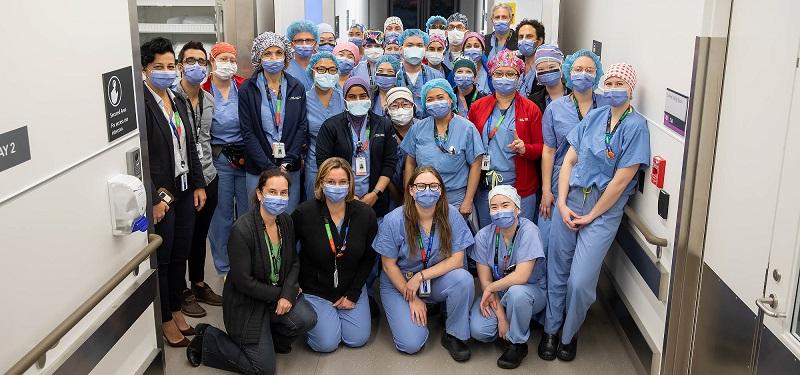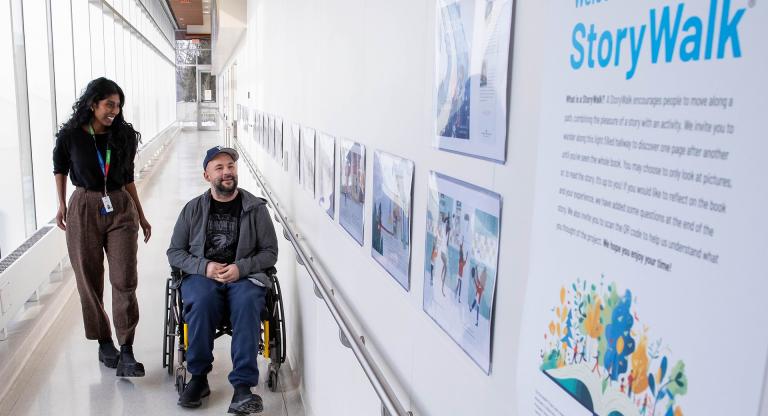Mount Sinai Hospital’s surgical teams are using data to help improve surgical outcomes for all patients

Each year, Mount Sinai Hospital’s surgical teams perform 16,800 life-changing operations and provides compassionate care for these patients before, during and after their surgeries.
In the past two years, Mount Sinai Hospital has been recognized for achieving meritorious composite scores and outcomes by The American College of Surgeons’ National Surgical Quality Improvement Program (ACS NSQIP). Mount Sinai Hospital is one of only six hospitals, and the only academic teaching hospital in Ontario to achieve this recognition and represents the top 10 per cent of the 700 ACS NSQIP hospitals around the world.
“Receiving this recognition is a testament to the contributions of the multiple teams that care for our patients throughout their surgical journey, says Dr. Erin Kennedy, Head, Division of General Surgery and Surgeon Lead for the NSQIP program. “From our surgeons, to nurses to our medical device reprocessing technicians who ensure all our equipment is safe to use, this is a great indication of what is possible when our teams work together.”
Mount Sinai Hospital joined NSQIP in 2018 and has two Surgical Clinical Reviewers, Melanie Lipka and Ashraf Omran that review, collect and assess data from 1,700 randomly assigned patients every year. NSQIP is the only nationally validated quality improvement program that measures and enhances the care of surgical patients. This program measures surgical results such as infections, illnesses, and deaths 30 days postoperatively.
Lisa Wayment, Senior Clinical Program Director, Surgical Services reflects that, “the results and insights gained from this data directly impact the care patients receive at our hospital and allows us to help improve the quality of care and surgical outcomes and experience for our patients.”
“This data helps surgeons and hospitals better understand the quality of specific aspects of surgical care in comparison to hospitals that perform similar surgeries, allowing them to take evidence-based and actionable steps to improve patient care and experience,” adds Agnes Tong, Senior Manager, Quality and Patient Safety and NSQIP Operations Lead.
Hospitals across Canada and the United States use NSQIP to help gauge the quality of their surgical programs. By risk-adjusting results, which considers the complexity of the surgery and the patient’s age, sex and overall health, it provides benchmarking for all of the other participating NSQIP hospitals around the world.












